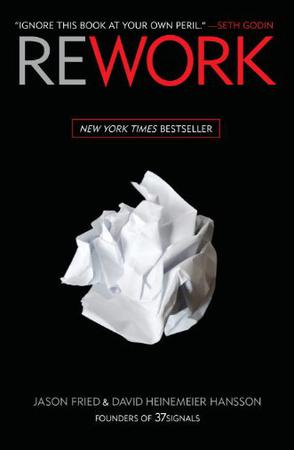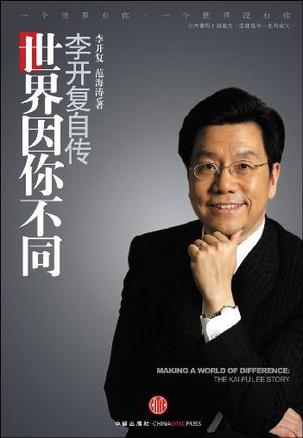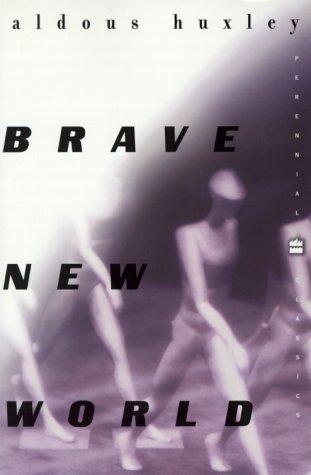How do we know the information we're given is truthful? How do we know the news media's "information" is not altered, or certain facts left out, or distorted to purposely mislead us? How do we know that "information" is not disseminated in ways to promote a political viewpoint, or some specifically-approved social ideology or bias, or enhance someone's financial gain or prestige? With computers becoming faster and more sophisticated, within a few decades they will be able to poll vast databases and respond to queries at near the speed of light. Add to this, advancements in virtual reality, artifical intelligence, synthesized speech, speech recognition and visual recognition, and you have machines that are frighteningly able to challenge human superiority. Include in this a world environment where labor pressures from global competition is forcing businesses to frantically search for new ways to lower labor costs, and the advanced machines become an attractive alternative. Add political movements where social elitists and power brokers, acting as gatekeepers, work for the advancement of various social and political agendas, and you have an environment where advanced machines can be purposely manipulated to blur the distinction between reality and illusion, history and fiction. A terrifying look into the future based on existing hard science, yet a motivational tale of John Peters who, due to an accident, goes into a coma and is not expected to regain consciousness. Placed away in the private and secluded Rest Harbor Rehabilitation and Extended Care Center, one day some fifty-four years, Peters unexpectedly comes out of his coma and into a world that has vastly changed. The story weavesmotivational inspiration within the true meaning of love and unconditional relationships. A story where John Peters struggles to overcome his new obstacles in a world where everone he has known, his family and friends, have died, and a world where what you think is real is actually constructed, and what is constructed becomes the reality.















































评价“The Politicalization of Reality”